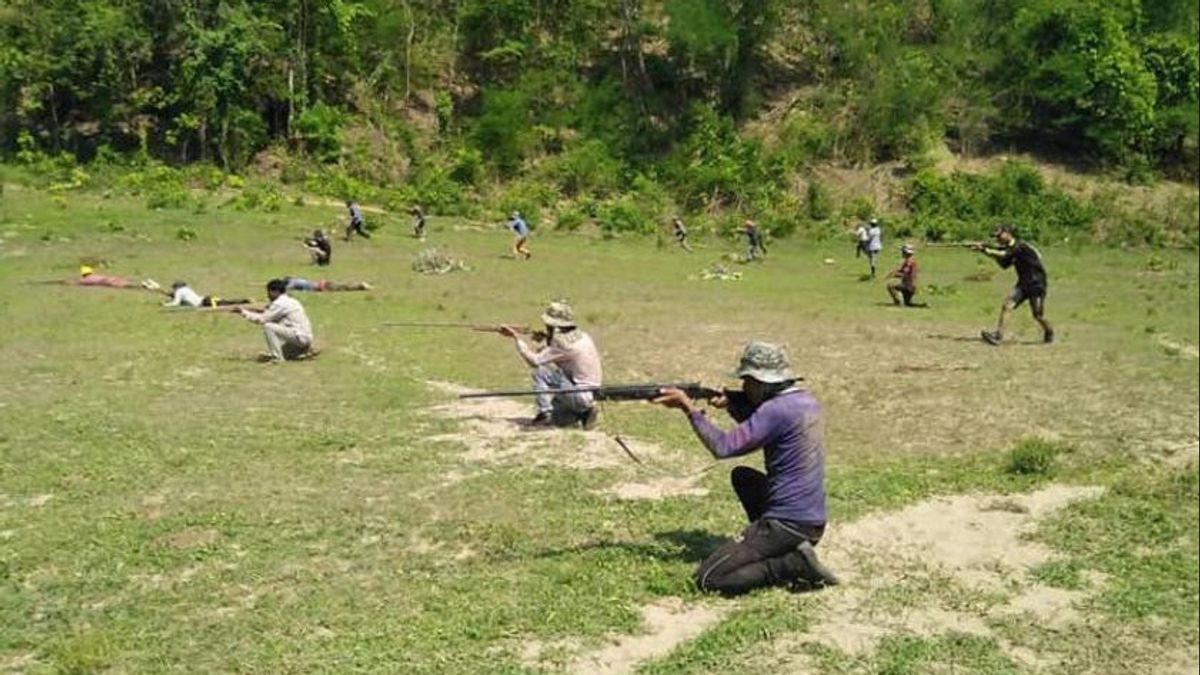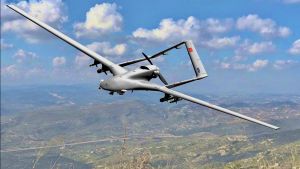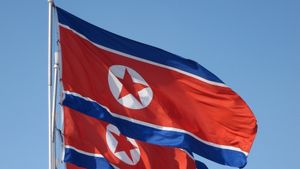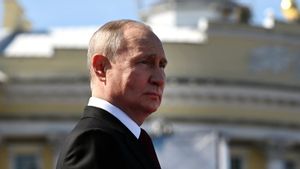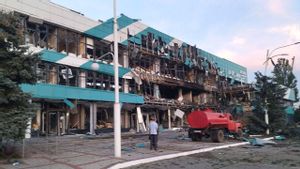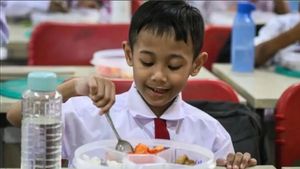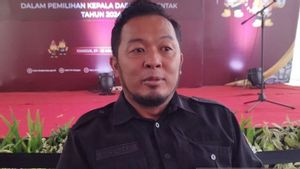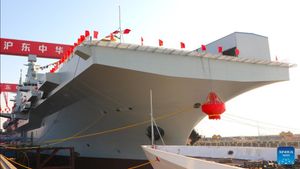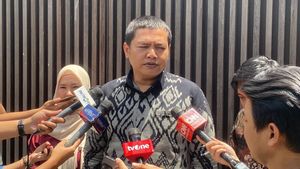JAKARTA - The now leader of the Maung Saungkha militia, one of the leading figures fighting for democracy in Myanmar, said its armed groups plan to start etching territory at the heart of the country to face the military junta directly.
Maung Saungkha said the move was a major strategic goal for the Bamar People's Liberation Army (BPA), a militia formed after the junta's coup in February 2021, after they received training from allies and combat experience in the country's border areas.
Most of the BPLA members are Bamar Buddhists, the ethnic group that accounts for two-thirds of the population and dominates central Myanmar where government agencies are based.
"For troops formed from the Bamar people, it is an important part of our vision to be based in the Bamar area and active there," the 30-year-old commander said via text message from his forest camp near the border with Thailand.
Maung Saungkha said the BPLA wanted to cooperate with the People's Defense Forces (PDF), the armed wing of the National Unity Government which was formed from the remains of the Aung Sang Suu Kyi government which tried to replace the junta. PDF consists of hundreds of militias, many of whom come from the Bamar tribe.
Myanmar-based Institute of Strategy and Policy estimates the BPLA has around 1,000 members, a figure that makes it one of the country's largest new militias.
BPLA's growth was largely determined by Maung Saungkha's ability to build bridges with other armed groups, according to a major ally and two analysts. It also underscores how new militias have rooted in Myanmar's political landscape, although they are still far from overthrowing the junta.
The Government of National Unity, which provides BPLA with a number of food aids, said to rebuild the base at the center, the BPLA must negotiate with the Ministry of Defense to ensure smooth cooperation with PDF forces.
The junta did not respond to a request for comment on this article. The junta said the armed groups against it were "terrorists" who sow chaos and kill civilians.
The military junta accused Maung Saungkha of sedition as was done against most opponents of his government.
Maung Saungkha and BPLA political official Yoe Annt Min said the fight against the junta would last a long time and recognize the BPLA faces significant challenges - especially funding and fading motivations to continue to struggle among some of the recruited members.
It is known that Bamar's dominance has long been hated by many minority groups in Myanmar, but Maung Saungkha's background has helped BPLA establish strong ties with other ethnic armed organizations, a job that is very important to resistance.
Prior to the coup, he was a poet who had been jailed for his remarks at the authorities, who later became a well-known activist, advocated equality for minorities and federalism.
The track record has provided "ideological force" for BPLA, said Richard Horsey, Myanmar's senior adviser to the think tank Crisis Group.
The BPLA was founded two months after a coup in Myanmar's border area, with Maung Saungkha seeking training and support from ethnic armed organizations that have struggled for decades to gain greater autonomy.
SEE ALSO:
"BPLA is working with the Karen National Union (KNU), which is its territory, and the Arakan Army (AA) which provides training," he said. The two groups confirmed that the BPLA was fighting with their troops.
"In addition to reaching out to cooperate with PDF troops, BPLA can send a small drone operation unit," he said.
"We've also received requests to train other people, so we'll probably start as coaches," he added.
The English, Chinese, Japanese, Arabic, and French versions are automatically generated by the AI. So there may still be inaccuracies in translating, please always see Indonesian as our main language. (system supported by DigitalSiber.id)
